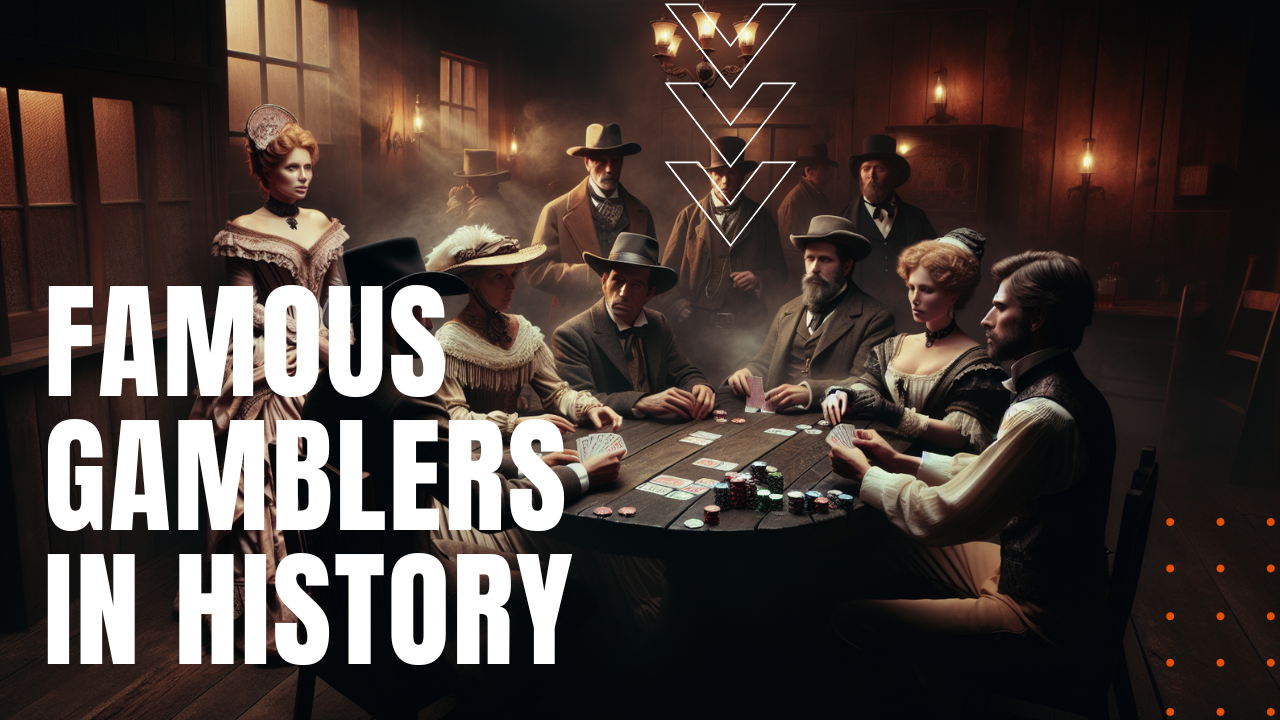Famous Gamblers in History

Over the past 1,000 years, cricket fighting has been a popular form of gambling in China, including the year 1267, when Chancellor Jia Sidao was so distracted by cricket gambling that he failed to prevent a Mongol invasion, leading to the collapse of the Song Dynasty and the birth of the Yuan Dynasty to come. Another famous gambler from antiquity was Roman Emperor Nero, who gambled extraordinary amounts of money during his reign in First Century A.D., typically wagering 400,000 sesterces—some $1.6 million dollars in today’s currency—risking losses of 9.6 million sesterces with each roll of the dice. Other famous gamblers include Russian novelist, philosopher and journalist Fyodor Dostoevsky, whose gambling addiction gave him inspiration and motivation, mainly to pay off his mounting gambling debts, leading to the publication of his dark novel about gambling addiction, entitled The Gambler.
Even Great Thinkers
Instead of becoming a lawyer or joining the military, René Descartes’ first choice of occupation was to become a professional gambler, and while he went on to become “The Father of Western Philosophy” and a respected scientist to boot, Descartes’ lifelong love of gambling led him to write that “The greatest minds are capable of the greatest vices as well as the greatest virtues.” Still other famous high rollers include French Impressionist painter, Claude Monet, French Queen Marie Antoinette, as well as American presidents George Washington, Harry S. Truman and Richard Nixon—the later in more ways than just table games.
King for a Day
There’s also King Henry the VII of England, who once made a poker bet with his courtier Juan de Lepe, that if Lepe could win the hand, the Spaniard would become king for a day. The following morning, Lepe was lauded through the streets of Richmond Yorkshire by his newfound, albeit temporary subjects. In more recent times, in 1971, when his company Fed Ex stood on the brink of bankruptcy, founder Fred Smith wagered the company’s last $5,000 on a Vegas blackjack game, buying valuable time with the company’s creditors when he won $27,000—a little more $200,000 in today’s currency—enabling Fed Ex to grow into the $254 billion giant the world knows today.
